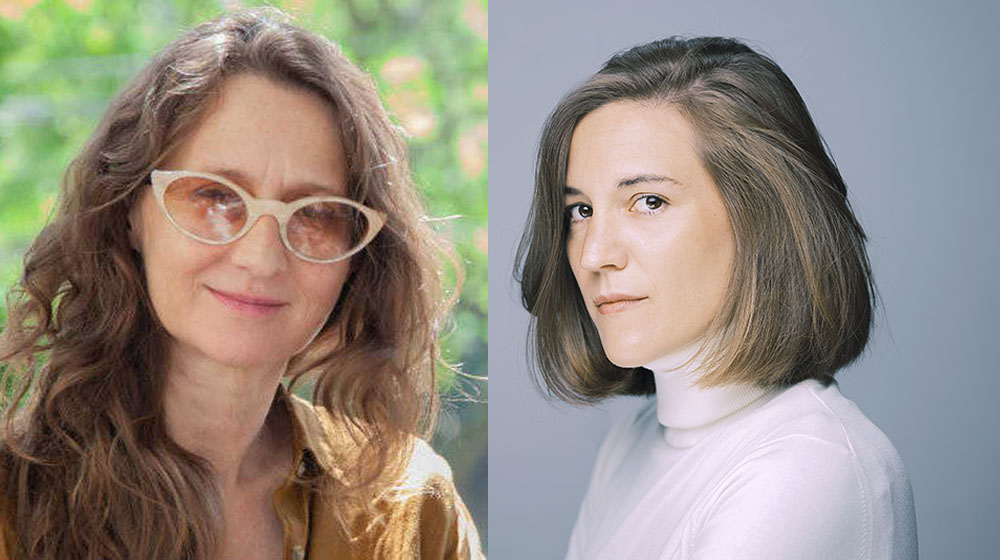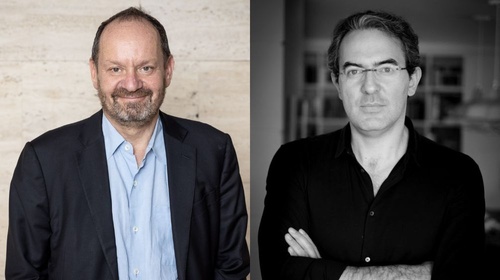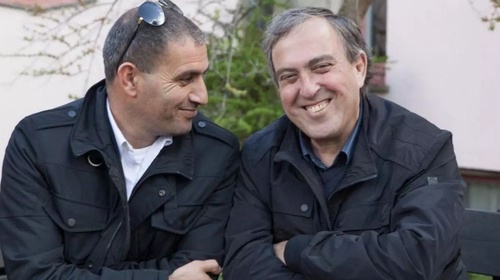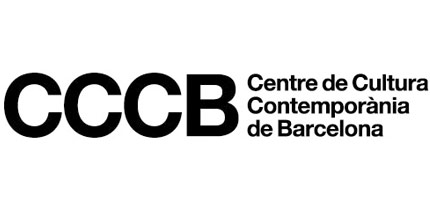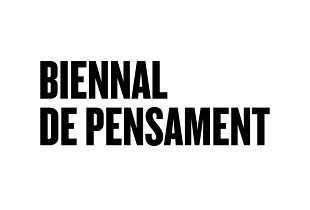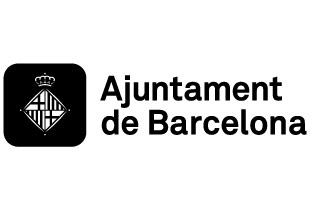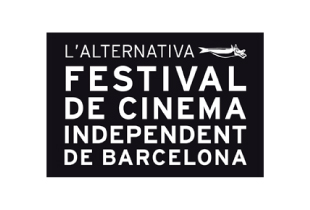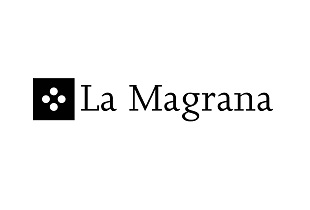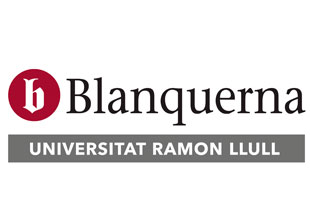Biennial of Thought 2022
Lucrecia Martel and Carla Simón
Stop to Observe, Love the World
Debate
Free
Filmmakers and screenwriters Lucrecia Martel and Carla Simón talk with film critic Violeta Kovacsics about how cinema creates new ways of seeing and new spaces of encounter.
In an edgy, agitated world such as ours, claiming the need to stop and observe with empathy what we have around us, and the changes that are transforming it, is a revolutionary gesture. In the films of Lucrecia Martel and Carla Simón this focus on detail, this lingering attention to things has the ability both to disturb our gaze and to become a tool of awakening and also a meeting place. It is a gesture of love for the world we share, of commitment to its present, and its transformation in the way that Hannah Arendt understands it. In their recent films, Martel’s Terminal Norte (North Terminal, 2021), which is about music as a refuge and unexpected encounters, and Simon’s Alcarràs (2022) about the disappearance of family-based agriculture, the two filmmakers reveal the complicities, which are not exempt of conflict, through which any community of resistance is built. How can we avoid stories that place us outside the present? What stories help to bring about encounters and prevent running away?
Lucrecia Martel is a director and screenplay writer and, thanks to titles like La Ciénega (The Swamp, 2001) and La niña santa (The Holy Girl, 2004), she is now well known as one of the great filmmakers of Latin America. Carla Simón, also a filmmaker and screenplay writer and one of the latest revelations of European cinema, is now widely acclaimed thanks to her highly praised film Alcarràs (2022).
Participants: Violeta Kovacsics, Lucrecia Martel, Carla Simón
This activity is part of Biennial of Thought 2022, Biennial of Thought
Related contents
Lucrecia Martel i Carla Simón
Stop to Observe, Love the World
Filmmakers and screenwriters Lucrecia Martel and Carla Simón talk with film critic Violeta Kovacsics about how cinema creates new ways of seeing and new spaces of encounter.
